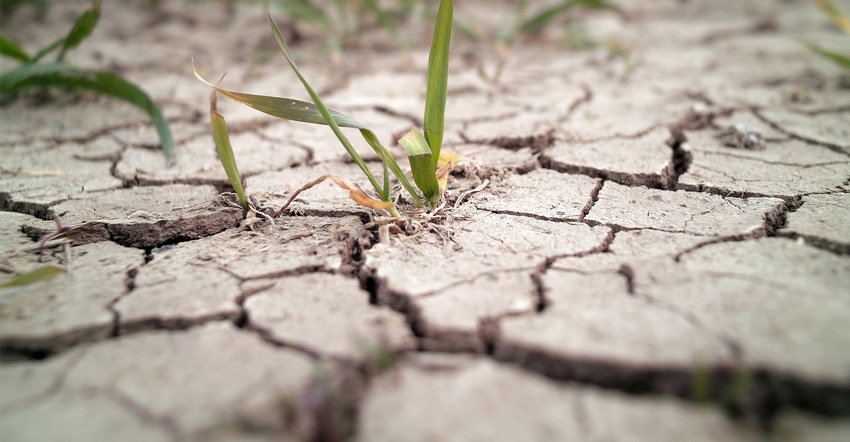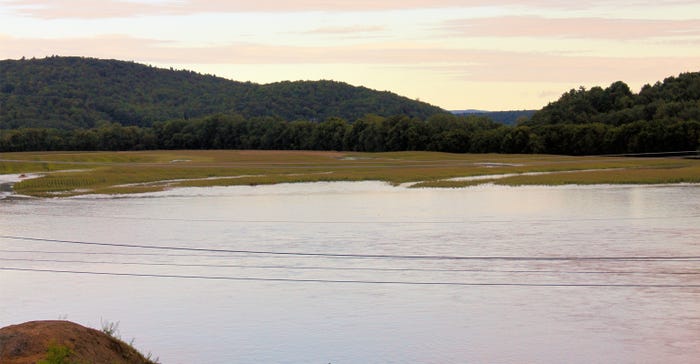
Farmers from 10 Northeast states were polled on climate change by Farm Progress during the 2018 New York Farm Show. Some 215 replied to the question: “Do you believe U.S. agriculture can play an important role in addressing climate change?”
Note: They weren’t asked if they believed climate change was happening. That’s a non-issue, according to a massive 2013 survey of corn growers across 22 watersheds in 11 states from South Dakota to Ohio. More on that shortly.
What’s ag’s role?
Some 52% of those polled at New York Farm Show affirmed that agriculture can play a constructive role in addressing climate change. As one Pennsylvania dairy farmer put it: “We already are!” Another 26% were undecided; only 22% responded “no."
 SWAMPED: Extreme rainfall and flood damage events like this have led to more farmers insuring their crops.
SWAMPED: Extreme rainfall and flood damage events like this have led to more farmers insuring their crops.

Numerous comments alluded to best management practices already being employed on farm. Top BMPs noted included:
• Reduced tillage and cover crops, which help store carbon.
• Nutrient management programs to reduce nitrogen and phosphorus losses.
• Adjusting dairy cattle rations to reduce greenhouse gases.
• Manure digesters for methane-to-energy conversion.
While some expressed that farmers can’t do it alone, a New York vegetable grower was confident destructive climate change could be slowed or reversed: “The Earth can heal itself, given enough time.”
Climate risk-management responses
Much has happened since the 2013 survey showing that 65.5% of Corn Belt farmers believed some form of climate change was occurring. The study found that they had already identified ways to adapt to more frequent extreme weather events and the resulting extreme rainfalls, nutrient losses and crop heat stress.
In-field conservation practices, such as no-till and cover crops, continue to increase across the country. Use of crop insurance is also on the rise. Adoption of nitrogen stabilizers plus the 4R Nutrient Stewardship concept (the right fertilizer source, at the right rate, at the right time, and in the right place) is also happening.
About the Author(s)
You May Also Like




